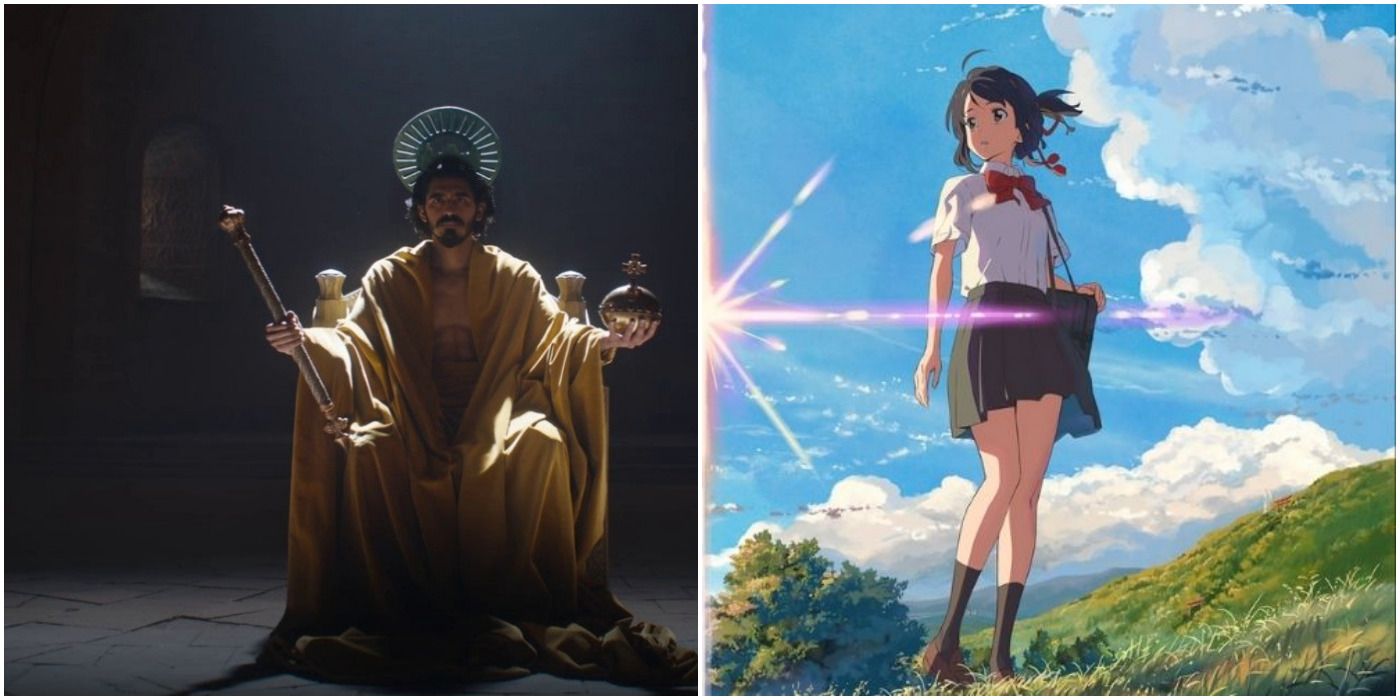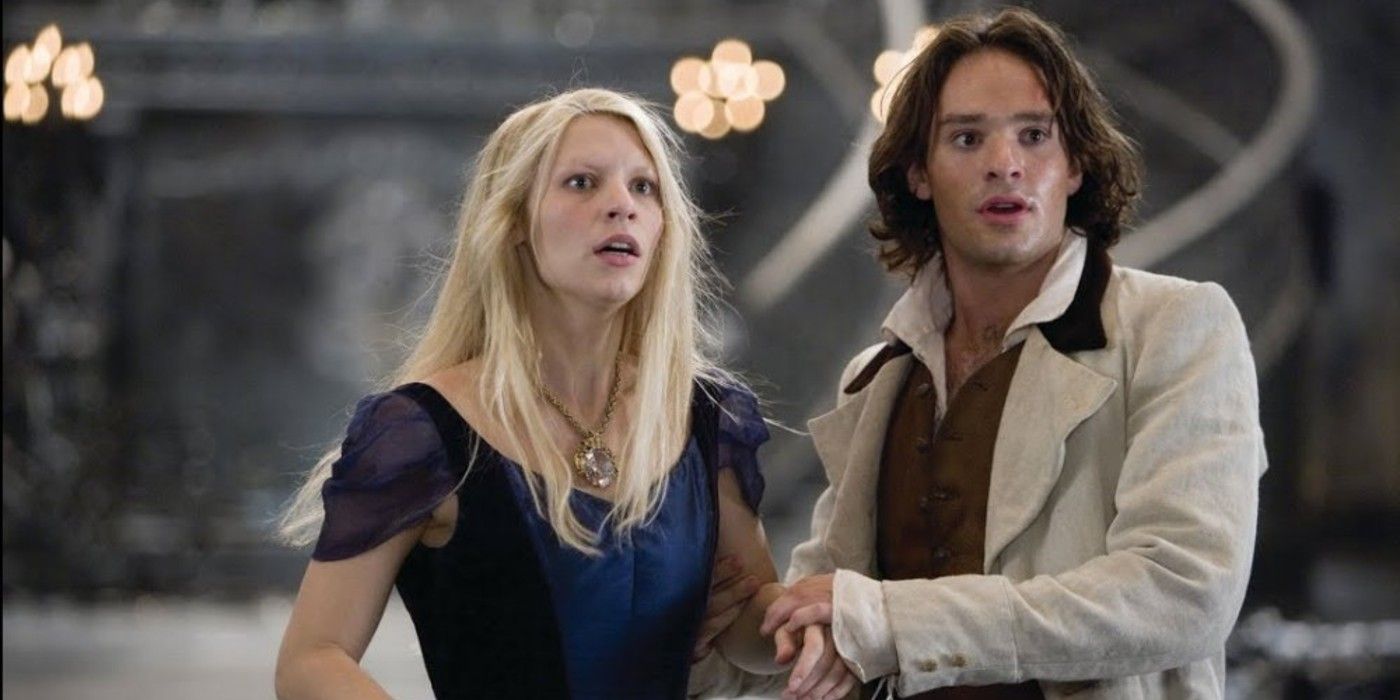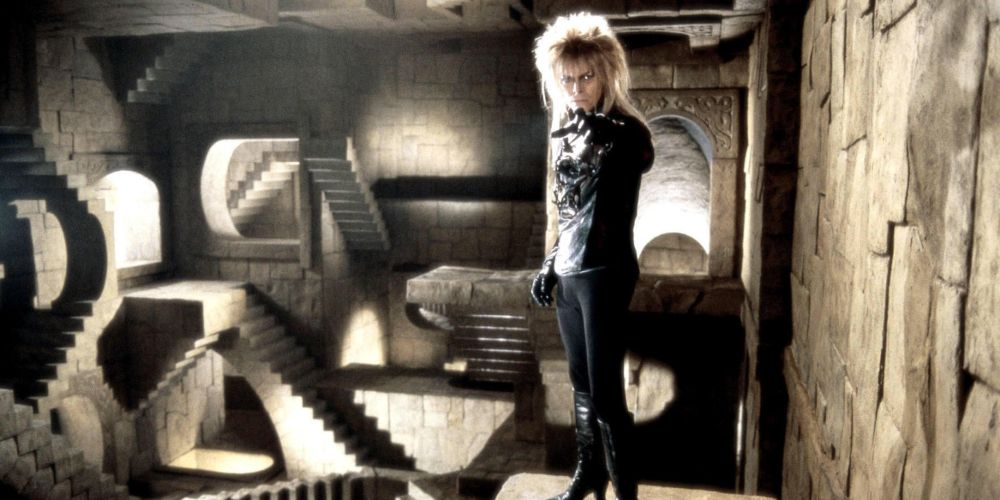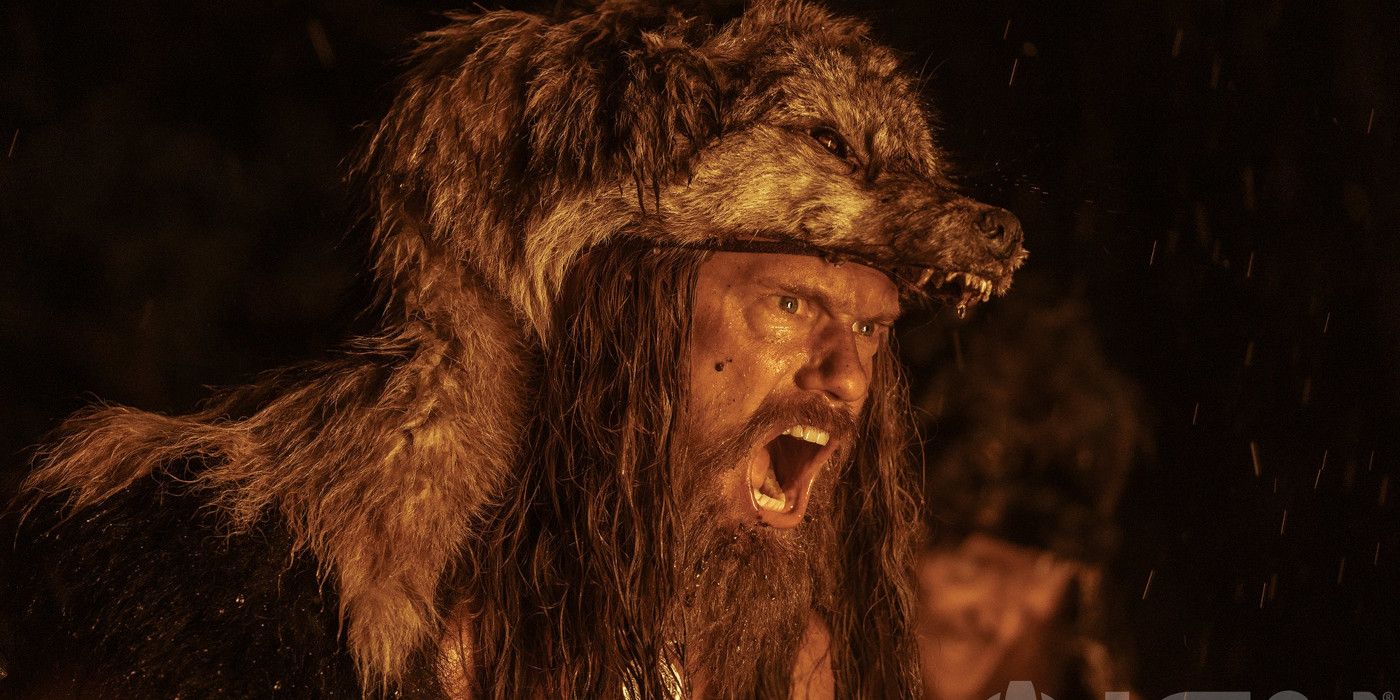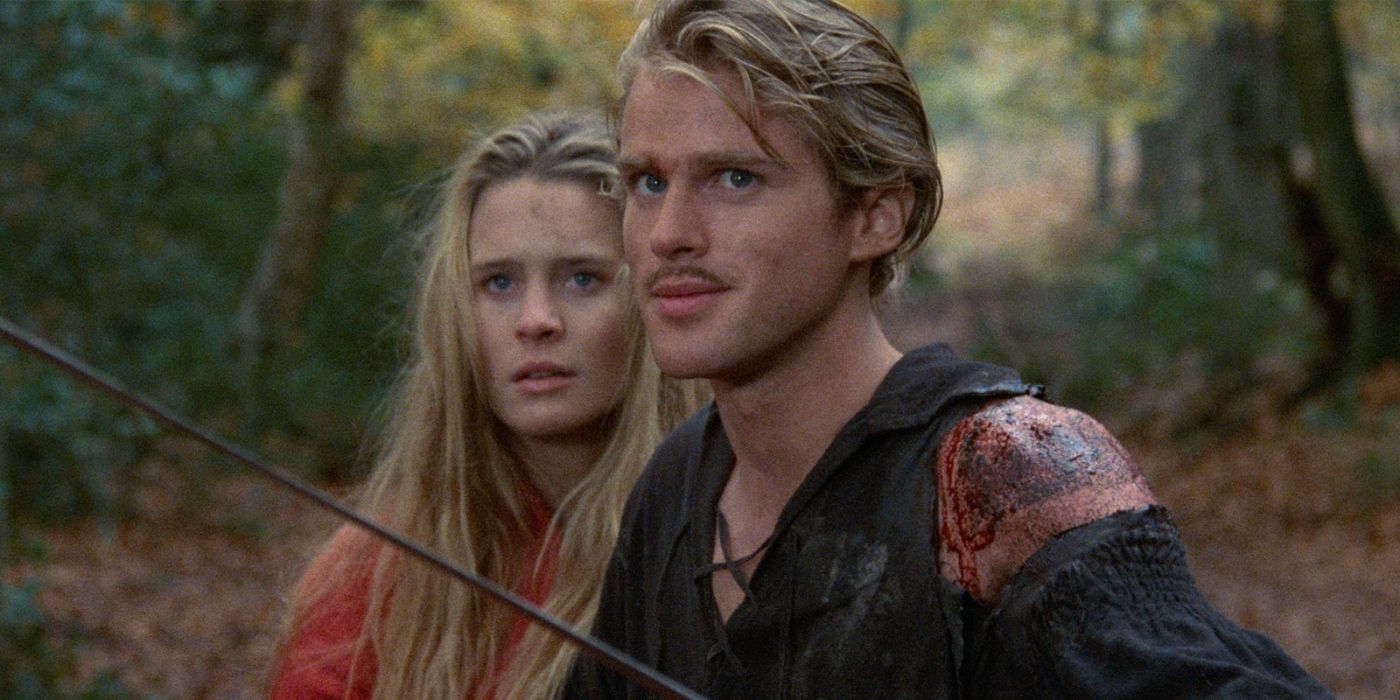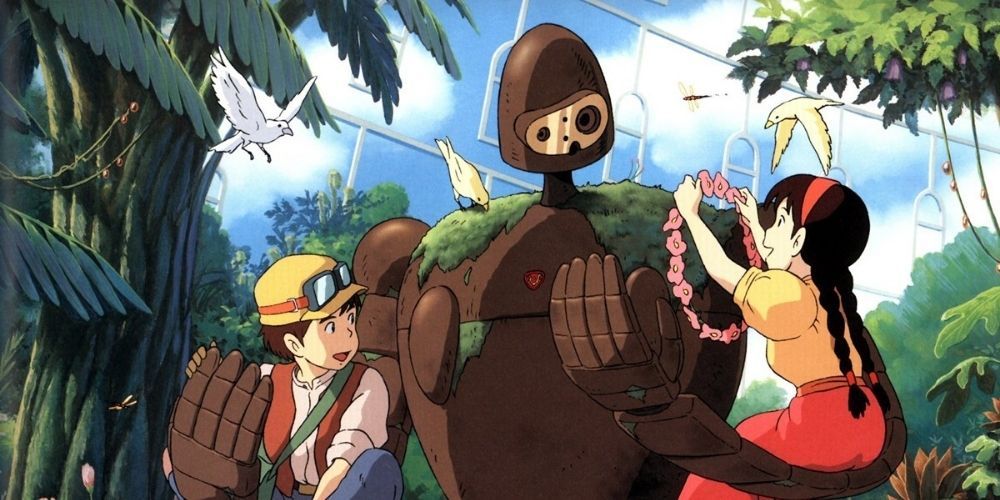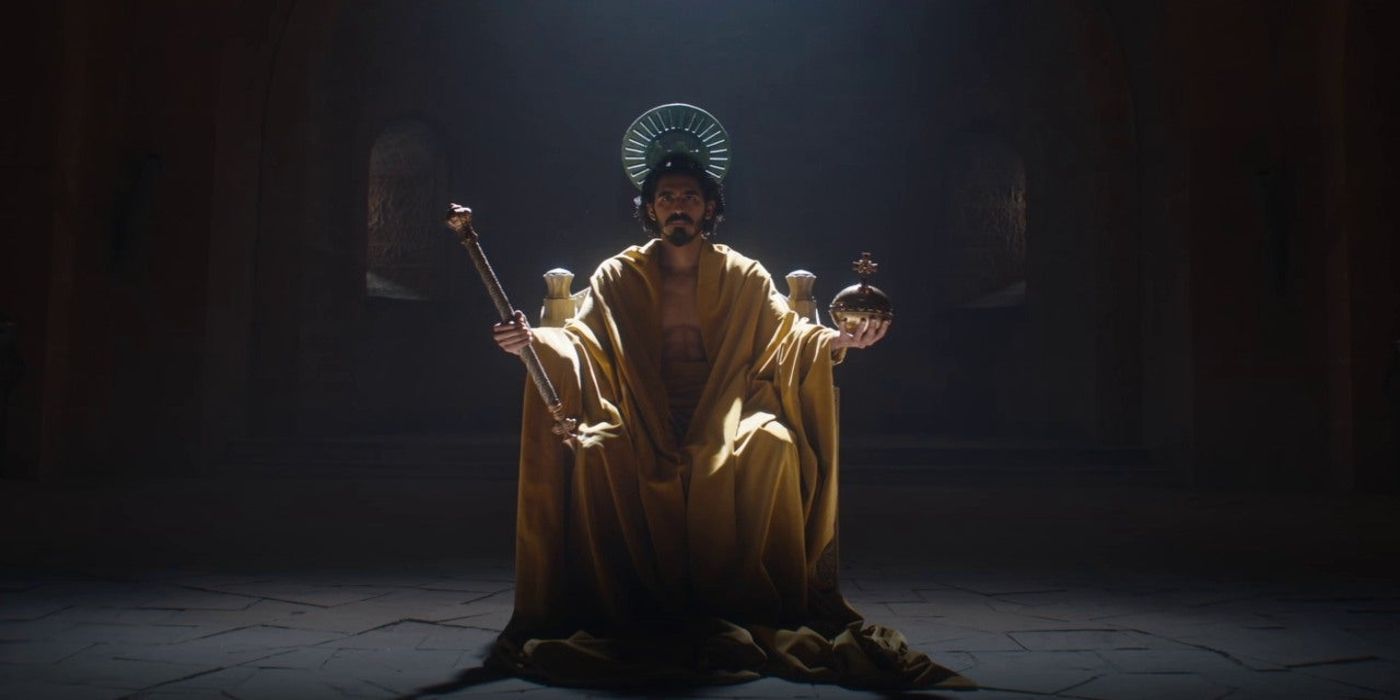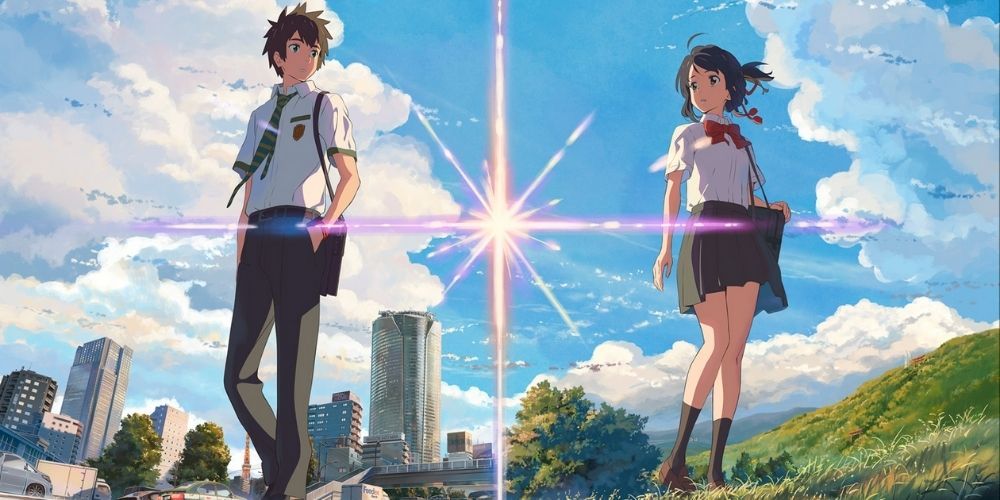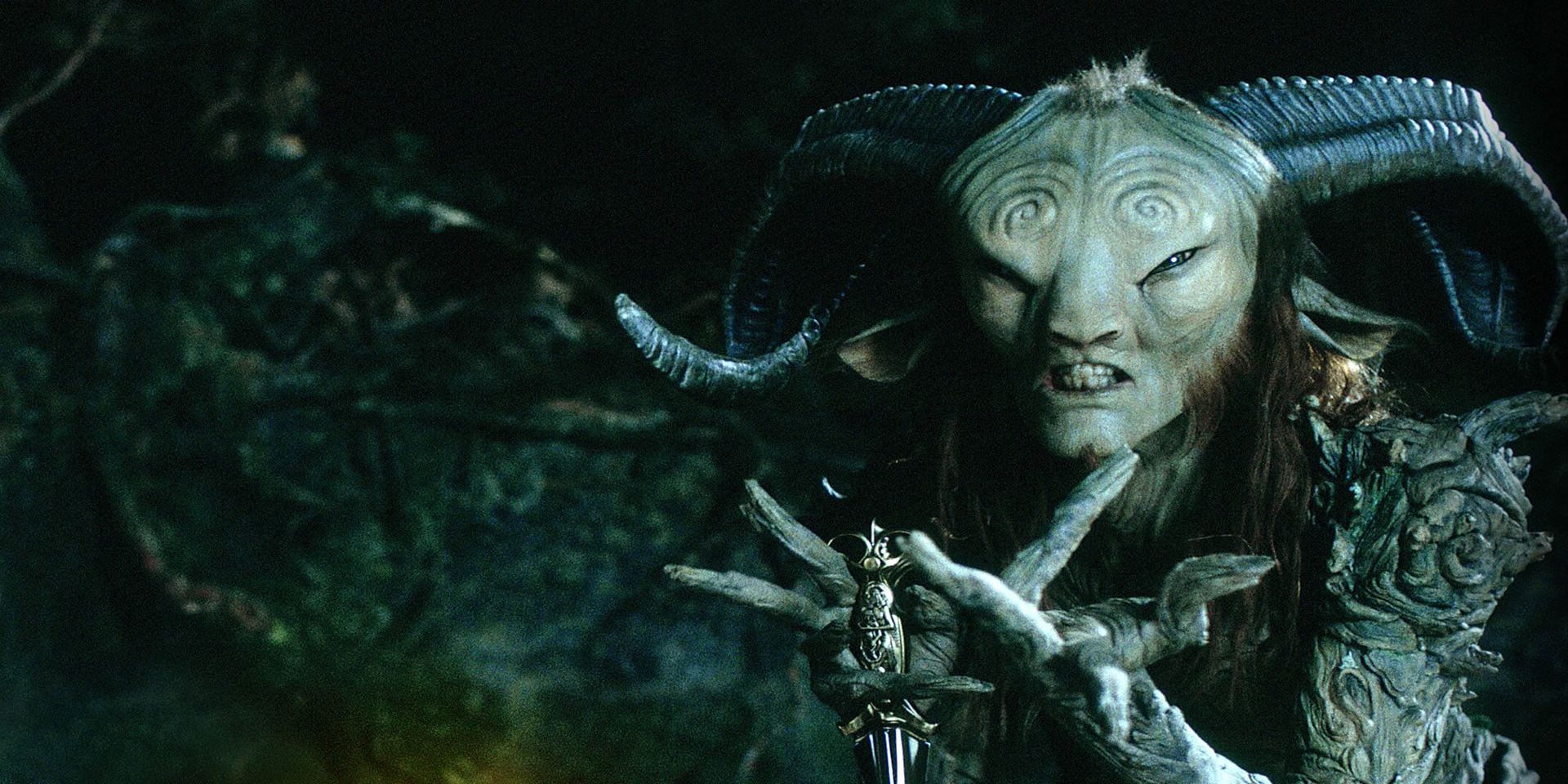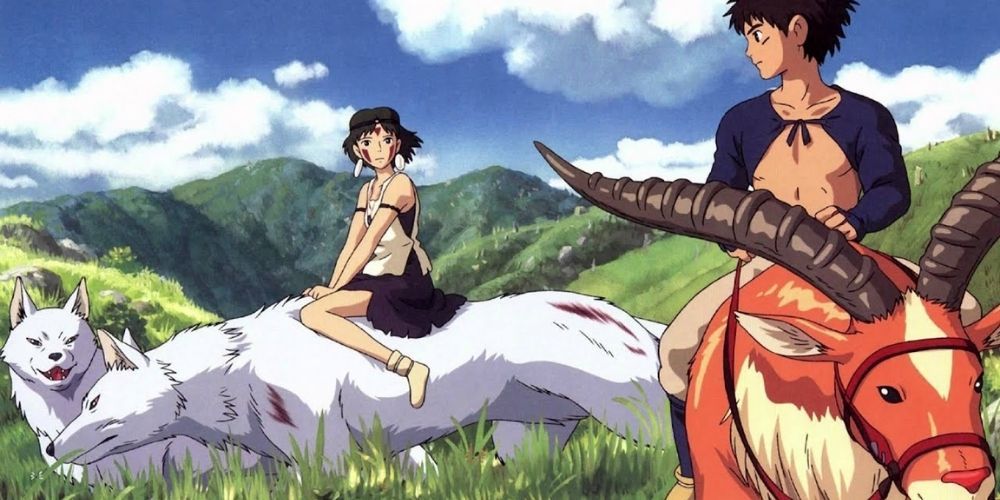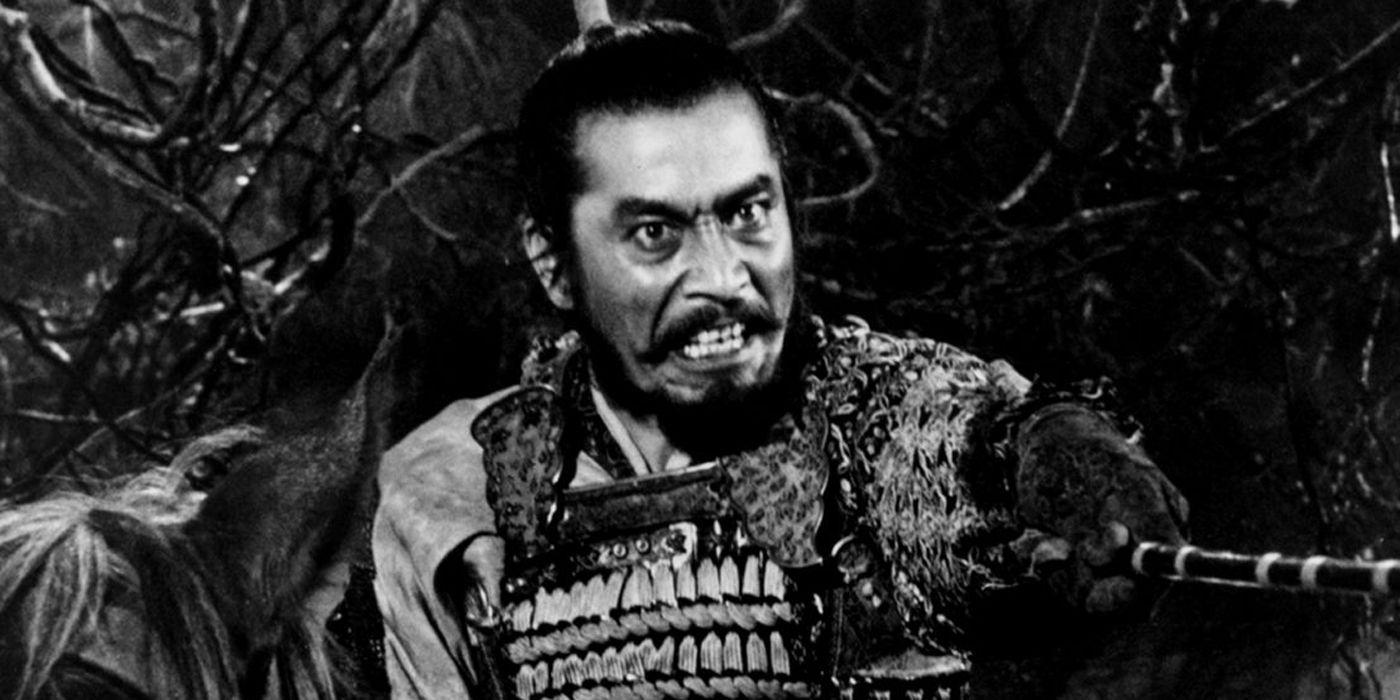Everyone loves The Lord of the Rings. Everyone loves Star Wars, Marvel, The Wizard of Oz, The NeverEnding Story, and hordes of other fantasy film franchises. These series helped popularize the fantasy genre and bring it into the mainstream.
But more and more people forget about singular fantasy films, films that don’t have sequels or franchises attached to them. They come in with a unique, singular vision, or are adapted from material with such a vision, and then are never followed up on. Instead, they stand alone, and let their legacies speak for themselves. Which of these fantasy films are the best?
Stardust (2007)
Based on the novel by Neil Gaiman, Stardust sends a young man in the countryside on a sprawling journey as he discovers a young woman who fell from the sky. However, it turns out this young woman is actually a fallen star, and several nefarious parties are after her.
As a Neil Gaiman story, Stardust is on the more lighthearted side, the story and film both have many moments of comic relief. As a film, director Matthew Vaughn and his all-star cast elevate the material and deliver what ended up being a hidden gem in the fantasy film genre.
Labyrinth (1986)
For those who somehow haven’t seen it, Labyrinth is the story of a teenage girl who one night, fed up with having to care for her baby brother, wishes that the Goblin King would take her away. Her wish is granted though, and she sets out to traverse the Goblin King’s labyrinth to retrieve her brother. Oh, and the Goblin King is played by David Bowie.
Labyrinth is an 80s staple and features some masterful puppetry from Jim Henson Studios. However, most people remember it for its camp factor, Jennifer Connelly and, of course, David Bowie’s turn as the Goblin King, singing absolute earworms that contribute to his legacy just as much as Ziggy Stardust and all the rest.
The Northman (2022)
Robert Egger’s The Northman, a film based on the ancient Norse story of Amleth, is a story following a young viking who vows revenge on his uncle following the murder of his father. The boy’s uncle also marries his mother and, yes, this story is the progenitor of Hamlet.
Its lower placement here is strictly due to the fact of its recency. However, it’s a stunning addition to Egger’s small but phenomenal body of work, made with the highest budget the director’s ever been granted, but with the same indie sensibilities that brought him success with The Witch and The Lighthouse.
The Princess Bride (1987)
A young boy stays home from school sick and gets his grandfather to read him a story about a young pirate who goes on a romantic adventure, or as the boy calls it, a kissing book. Such is the premise of The Princess Bride.
With a script penned by William Goldman and direction by Rob Reiner, this film was always going to be a slam dunk. It drips with charm, whimsy, and several quirky performances laden with lines quoted to this day that are guaranteed at least a sincere chuckle.
Castle In The Sky (1986)
A somewhat underrated Studio Ghibli film, Castle in the Sky follows two young orphans who meet up and try to find the mythical, floating city of Laputa, as several shady factions try to find one of the orphans who has ties to the city.
Hayao Miyazaki is never one to miss, and while it may not be as celebrated as Princess Mononoke or Spirited Away, it’s one of the more fun fantasy adventures Ghibli has to offer. Furthermore, many can find in it some of the seeds that would take root in the early days of the Final Fantasy series.
The Green Knight (2021)
Based on the Arthurian poem Sir Gawain and the Green Knight, David Lowery’s retelling follows the story of a poem, wherein a young knight, itching to prove himself, answers a challenge from a wandering knight and cuts off his head, only to pay for this slight a year later.
The twist is how the story drips with the atmosphere and artistry A24 films are known for, showcasing classic scenes from the poem with their signature haunting surrealism. The result is a strange but instant classic that, like The Northman, could move higher after more time is allowed to pass. Either way, it remains one of the best King Arthur films of all time.
Your Name (2016)
One of the biggest hits to come from Japan in the last decade (and Makoto Shinkai's highest-rated film on IMDb), Kimi no Nawa or Your Name as it’s known in the west, is a body-swap story by way of a romantic comedy that slowly builds up into a tense race to save the people of a small town from a natural disaster.
Your Name is a showcase of what director Makoto Shinkai does best: marry genre and slice of life to stunning effect. In this case, he builds upon Japanese folklore to invigorate what is usually a hokey fantasy trope, delivering a film rife with tension and tears that tugs on the heartstrings.
Pan’s Labyrinth (2006)
Considered by many to be Guillermo del Toro’s masterpiece, Pan’s Labyrinth takes place during the Spanish Civil War, and follows a young girl, recently relocated to her cruel step-father’s home, who learns from a faun that she may actually be heir to royalty.
As much a fairy tale as it is fantasy, del Toro draws upon classic fantasy elements and creatures, all the way to their darkest roots, and the result is somehow a wholly original work, cementing del Toro as one of the great auteurs of the modern age.
Princess Mononoke (1997)
The last film before Hayao Miyazaki’s first retirement and the last mostly-pencil-animated film Ghibli produced, Princess Mononoke follows a cursed prince who gets wrapped up in a fight between a forest of spiritual animals and a small society of ironworkers. It also features Ghibli's best female character.
Princess Mononoke is arguably Miyazaki’s magnum opus, and possibly one of his most complex. While a tried and true environmentalist, he never casts either side of the conflict as good or evil, but instead offers a deeply gray and nuanced portrayal of them.
Throne Of Blood (1957)
Going way, way back with one of Akira Kurosawa’s best films, Throne of Blood is Kurosawa’s retelling of Shakespeare’s Macbeth, reskinning the story and magical elements with Japanese feudalism and folklore. The result is one of the creepiest iterations of the play.
To put Kurosawa any lower would have been blasphemous, but all the same, this film really does earn the top spot. Drenched in atmosphere and enhanced by another stunning lead performance by Toshiro Mifune, Throne of Blood is a staple of Japanese cinema, and perhaps the best standalone fantasy film ever made.

